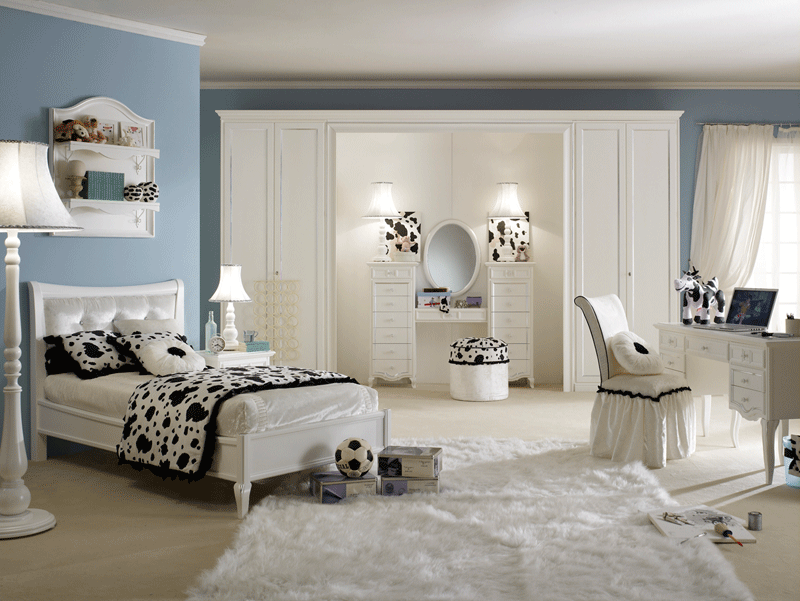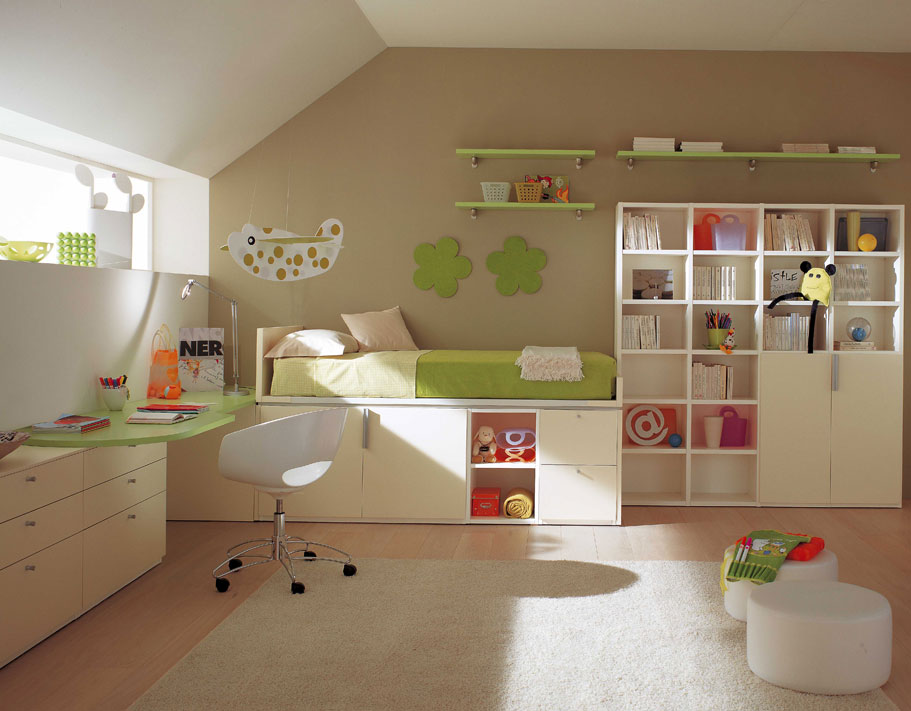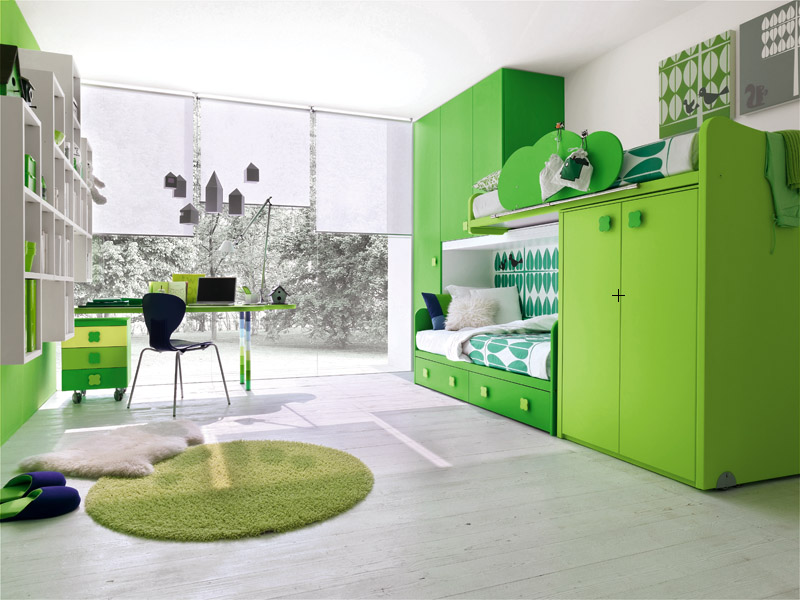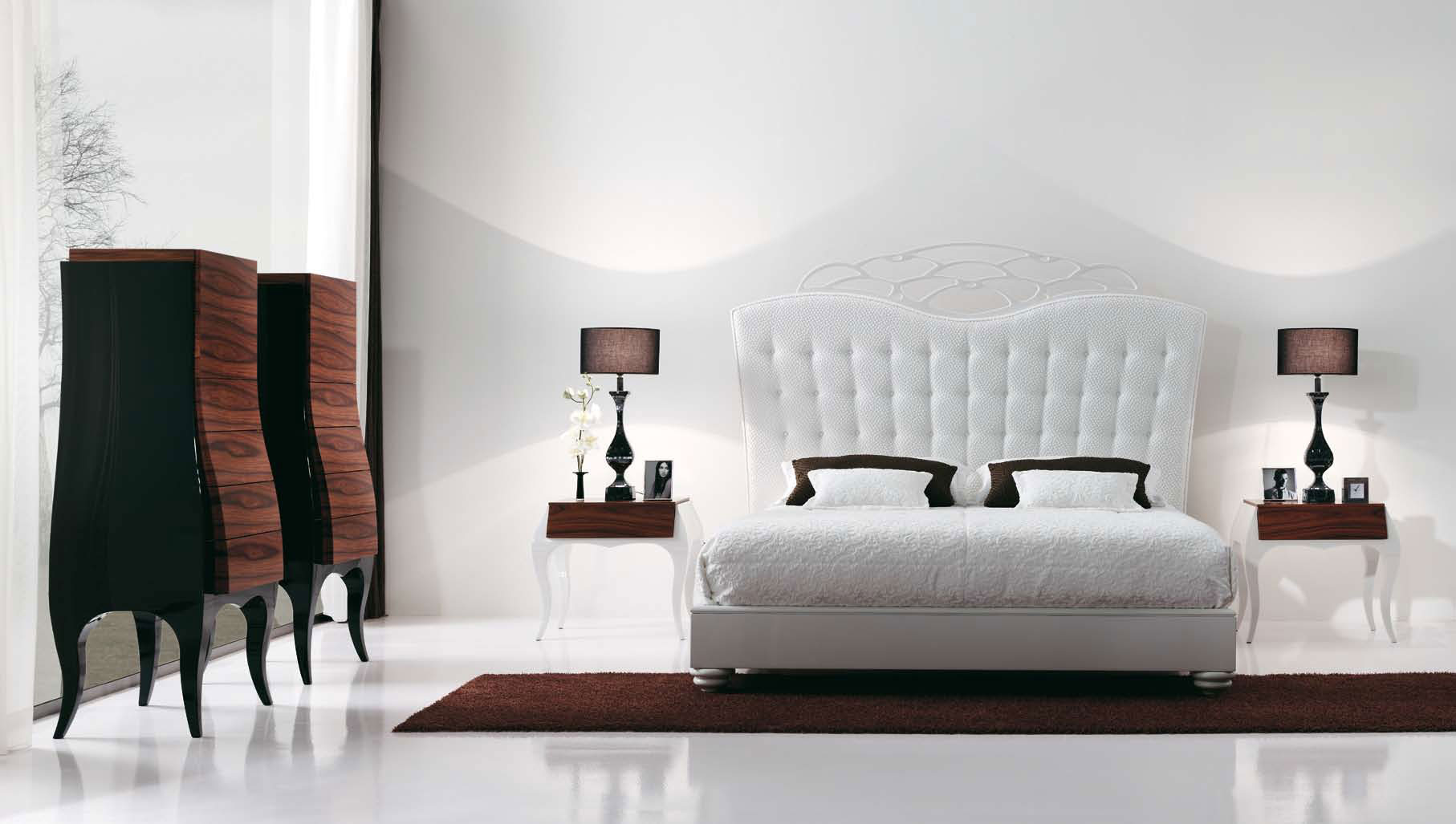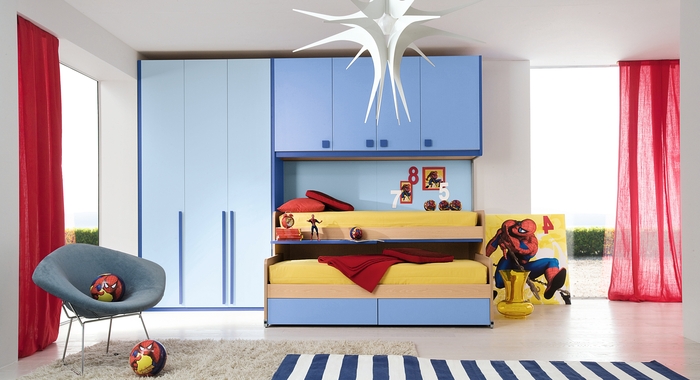about their children not getting enough sleep may want to remove televisions and other small electronics from the kids’ bedrooms, according to a new study. Children who slept with televisions or other small-screened devices in their bedrooms ended "If you want your kids to sleep better and live a healthier lifestyle, get the technology out of the bedroom," says co-author Paul Veugelers, a professor in the School of Public Health at the University of Alberta, in a statement on Monday. Co-author As a kid, your bedroom was your haven: it was the one place in the house that you could call your own; it was where you kept all your treasures, toys and secrets; and unlike your bedroom now, you probably spent hours just hanging out in there. One of the (Reuters Health) - Parents concerned about their children not getting enough sleep may want to remove televisions and other small electronics from the kids' bedrooms, according to a new study. Children who slept with televisions or other small-screened It may not make parents popular, but tossing out the TVs that sit in the corner of most children's bedrooms may keep them from packing on pounds. A study released Monday in JAMA Pediatrics found that 60 percent of children ages 10-14 had TVs in their A new small study of Hispanic children found that those with TVs in their bedrooms were more likely to be overweight. “Bedroom TVs lead to more screen time, sedentary behavior, less parental support of physical activity and increased fast food intake .
They have quadrupled in adolescents. Recent studies show that overweight tendencies in children may be directly related to a TV in the child’s bedroom. About 71 percent of children aged 8 to 18 have a television in the bedroom. One study, published March According to a new Yale study, televisions in children’s bedrooms may usurp parental authority. Researchers found that authoritative parenting reduced the level of sugary drink consumption in middle schoolers, but that this positive effect was not as .
.jpg)
